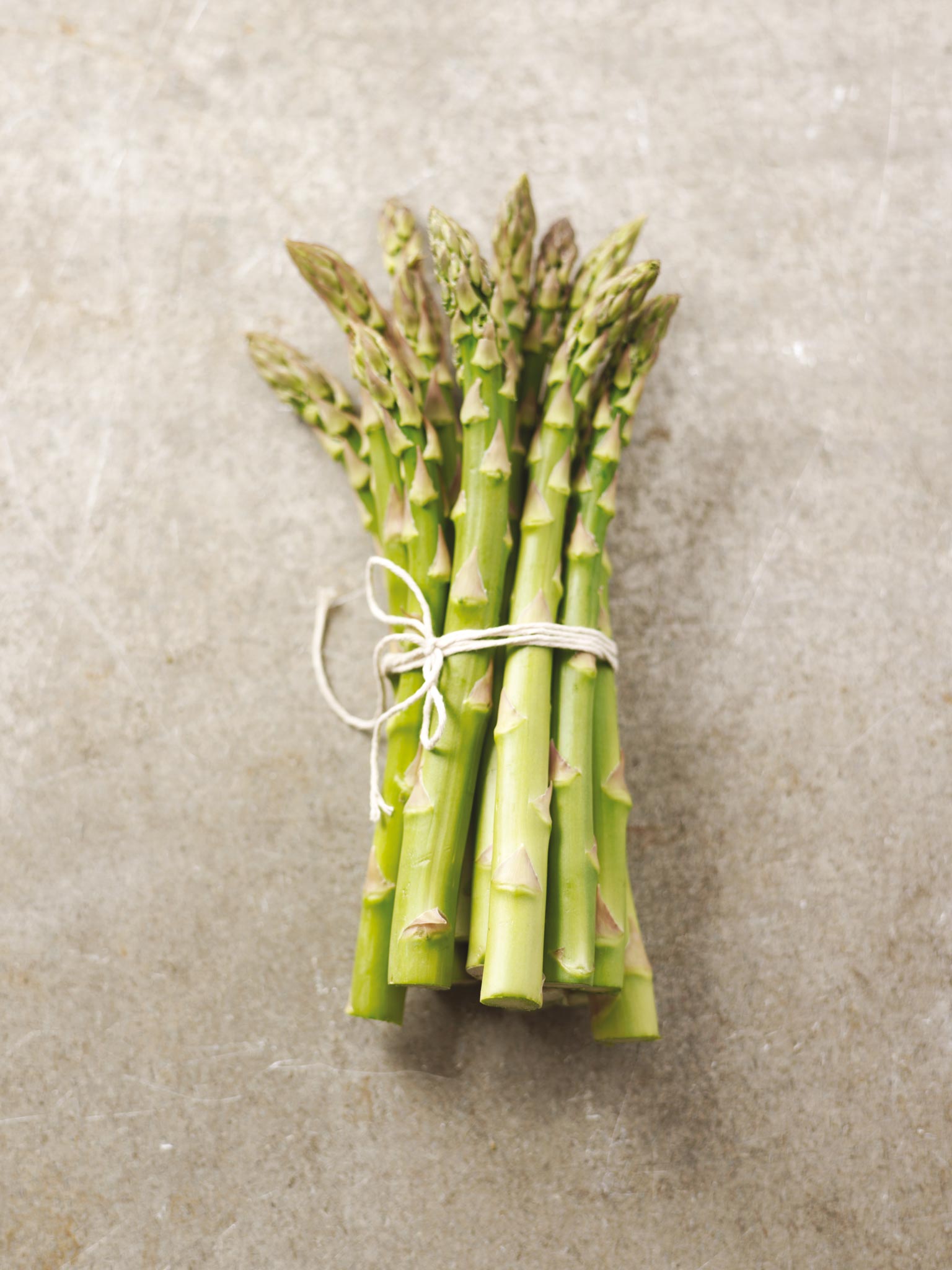Samuel Muston: What does our 'farm-to-table' pretention say about us?

They are everywhere, spreading out like an oil slick on a duck pond. In new cook books, on the television, laid out bare on menus and sneaking into pretty much every press release about a new restaurant that anyone cares to send me – I feel that I am about to choke on culinary buzzwords.
Sitting in a restaurant, it can sometimes feel as though the menu has been written by a team of under-employed management consultants, so empty is the phraseology. I mean, can anyone tell me what goes into an "artisan" loaf that doesn't go into a normal loaf? Is the flour ground by a Florentine picture framer, perhaps? And I doubt that my asparagus can be all that "locally sourced" if I'm eating it in Soho. "Hand-crafted", too – give me a break. And do not all restaurants, save for those whose food is plucked entirely from the ocean, serve up stuff which is "farm-to-table", the latest stylistic solecism?
The trend, such as it is, seems to have taken hold in Britain at about the same time as Jamie Oliver, in all his then nakedness, rose to prominence. I would like to blame it all on him and his artisan foccacias but I fear that is a tad unfair. Or at least, that was my thinking until I read a blog post on his website that recognised that terms such as "craft", "real" and "artisan bread" are overused, but then goes on to explain that in Oliver's empire they really, really mean it: "[We] closely monitor every single handmade loaf like protective parents." Which makes for a lot of proud parents seeing as they have nearly 50 restaurants worldwide.
It is by no means confined to Jamie Oliver's restaurants. At all levels of gastronomy – from chain joints to Michelin-starred restaurants – you see these words popping up. The intention is clearly to confer on the food being served an instant kudos, a hint of "world-cuisine" sophistication (another phrase for the list, that). It is in fact just noise – and very irritating noise at that.
Of course, all of us fall back into the arms of cliché at times. It's a comfortable place to be. That is not the problem – the problem is that such phrases are there solely to bamboozle.
What is much worse is that writers of cookery books are heir to a great patrimony. They are the scions of poet-cum-cook Eliza Acton and her pretention-pricking descriptions – "sauce tournée is nothing more than rich pale gravy". Or food writer Elizabeth David, who managed to shoehorn Théophile Gautier, Henry James and William Beckford into her book Mediterranean Food. To say nothing of the writer Alice B. Toklas, the partner of Gertrude Stein, whose 1954 recipe book included instructions for making Hearts of Artichokes à la Isman Bavaldy and memorably called for you to use a spear of asparagus to "build a wall of sauce".
The greatest food writing and cookbooks are like novels – they tell us something about the age in which we live. If you want to understand the life of the officer class in late-Victorian India, read Culinary Jottings for Madras by Deputy Assistant Quartermaster-General A. R. Kenney-Herbert and marvel at its recipe for Fish Fillets à la Peg Woffington and Snipe Soup for Eight. Or pick up M. F. K. Fisher's wry How to Cook a Wolf, published in 1942 to rally cooks at a time when food was in short supply. If one looked at the current state of menus and some cookery books for an insight into the way we live now, it is hard not to conclude that we are living in the age of the gross.
Subscribe to Independent Premium to bookmark this article
Want to bookmark your favourite articles and stories to read or reference later? Start your Independent Premium subscription today.

Join our commenting forum
Join thought-provoking conversations, follow other Independent readers and see their replies